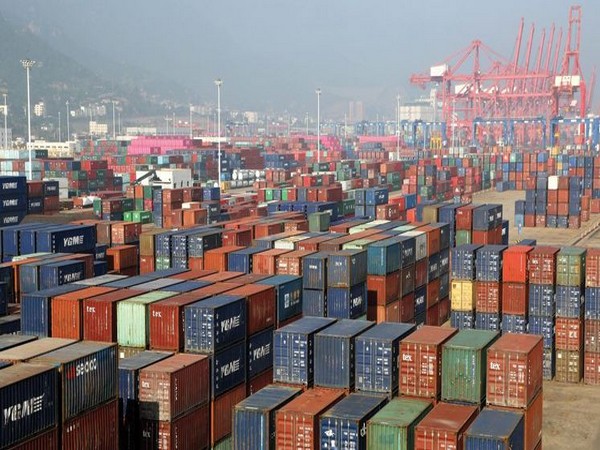EIB and Lithuania sign advisory services deal to support green inland cargo shipping
EIB experts together with external providers mobilised by the European Investment Advisory Hub will provide advice to LIWA to analyse the feasibility of the project, as well as its funding options.

- Country:
- Lithuania
The European Investment Bank (EIB) and the Lithuanian Inland Waterways Authority have signed an advisory services agreement to support the construction of zero-emission electric transport shipping vessels to initiate cargo transportation between the two major cities of Klaipėda and Kaunas. At the end of 2021, an ambitious project to introduce an electric towboat was launched in Lithuania. With no CO2 emissions, this project will play a crucial role in revitalising freight transportation on Lithuania’s largest river, the Nemunas (aka Neman), and developing greener transport chains in the country.
EIB experts together with external providers mobilised by the European Investment Advisory Hub will provide advice to LIWA to analyse the feasibility of the project, as well as its funding options. The EIB, through the EIAH, will also provide insights into the supplier and operator market, as well as any potential regulatory and competition issues.
“I am pleased that the EIB’s Advisory Services will support this innovative transport infrastructure project, which will contribute to achieving Lithuania’s climate ambitions by significantly reducing air pollution and traffic,” said Thomas Östros, EIB Vice-President responsible for EIB activities in the Baltics. “The EIB is fully committed to advising and funding investment projects that foster innovative and green solutions for transport in the European Union.”
CEO of LIWA Vladimiras Vinokurovas said: “The Lithuanian Inland Waterways Authority is the administrator of inland waterways of national importance. It is planning to adopt a climate-friendly course and this proposed investment in electric cargo transportation will make a significant positive contribution to reducing the national carbon transport footprint by replacing fossil fuel-powered trucks with electric barges. All Lithuanian companies, especially those that are state-owned, must strive for a green course and a sustainable economy not only in the final result, but also across all intermediate chains. As logistics chains become more sustainable, advanced solutions are integrated into a single chain and deliver maximum benefits. Water transport is the most ecological, zero-accident, unlimited and cost-effective of all modes."










